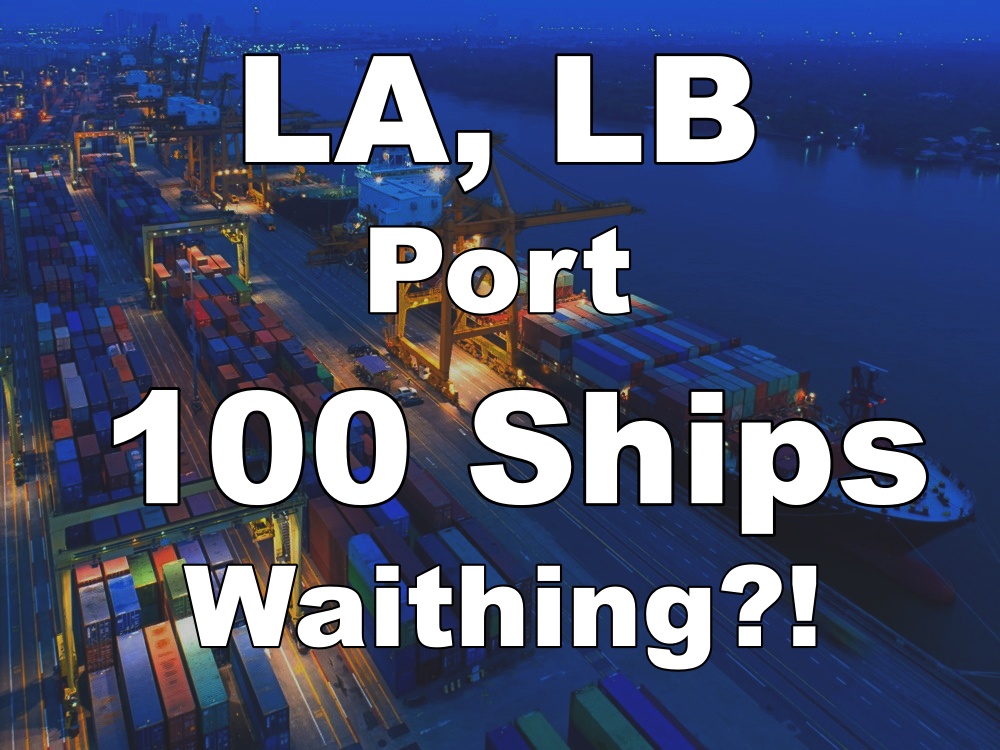
Hello, it’s IINO.
I would like to broadcast IINO san’s Logistics Radio.
Today, I would like to talk about, “FIATA Criticizes Shippers’ Abuse of Status. Recommends decarbonized investment over vertical integration.”
Daily Logistics Radio by IINO san in 7th July 2022
 IINO san
IINO san Please subscribe my channel, thank you.
FIATA Criticizes Shipping Companies
On June 30, FIATA, the International Federation of Freight Forwarders Associations, released a statement of opinion that shipping companies are abusing their dominant market position.
The document criticizes shipping companies for distorting free competition and harming end consumers.
It also calls on IMO, International Maritime Organization, national regulators, and other authorities to take appropriate policy measures.
The report also calls for the huge profits made in the past two years to be invested in decarbonization, rather than in vertical integration, such as the acquisition of logistics companies.
Forwarders Entering the Field
FIATA analyzes that the three major alliances control 80% of the global shipping market and 95% if limited to East-West backbone routes.
It explains that with supply chains in disarray, shipping companies are trying to reduce or limit their services to forwarders.
Air shipment is subject to tariff rates unless it goes through an air forwarder.
However, ships can deal directly with shippers with BCO, and shipping companies are buying logistics companies to come onshore, which is eliminating jobs for forwarders.
Recommending Investments in Decarbonization
IMO aims to reduce GHG, greenhouse gas, emissions from the shipping industry by 50% by 2050.
The cost of doing so is estimated to exceed $1.5 trillion by 2050, 87% of which is expected to be invested in onshore infrastructure and facilities.
Meanwhile, container shipping companies have enjoyed record profits over the past two years.
UK-based maritime consultant, Drewry, predicts that total pre-tax profits for container shipping companies will reach $300 billion in 2022.
FIATA accuses “shipping lines of taking this profit generated in a regulated environment and throwing it into mergers and acquisitions to dominate logistics as a whole.”
They have called on IMO and national governments to implement decarbonization plans that will encourage shipping companies to invest.
The Expansion of Shipping Companies and the Survival of Small and Medium-Sized Forwarders
International logistics is, by historical background, the highest form of economic rationality, the most efficient, rational, and cost-oriented.
As shipping companies expand into areas other than shipping in logistics, there is a fear that the forwarder’s job will be lost.
Personally, I believe that 80% of logistics jobs will be taken by shipping companies and large forwarders in the future.
Small and medium-sized companies will probably attack the 20% niche.
How many shipping companies will come ashore in the future, and how will small and medium-sized companies survive?
As I have told you many times on this radio, international transportation is in a period of change.
I think it will be important to read the market trends and come up with the right strategy.
That’s all for today. Thank you.









